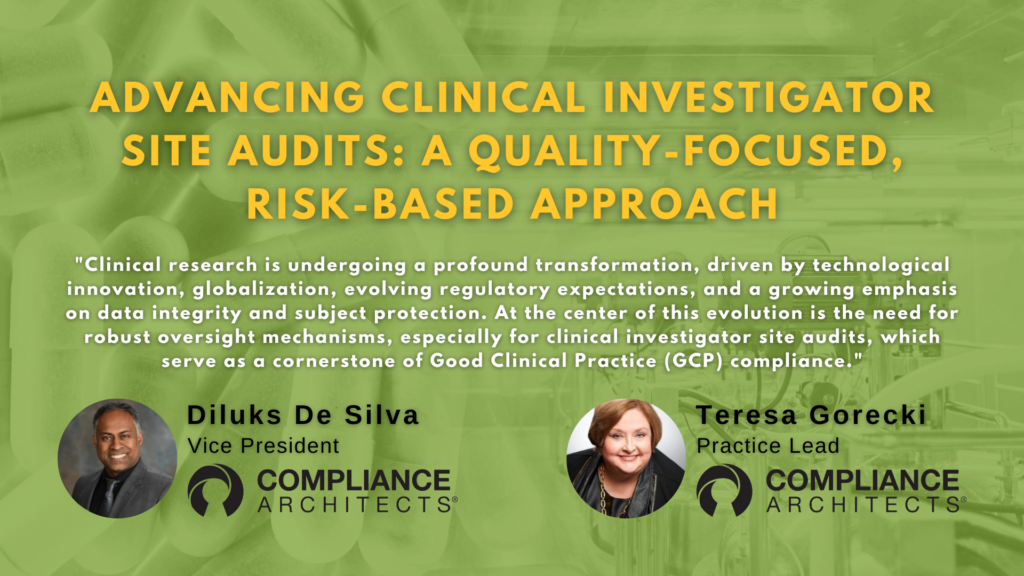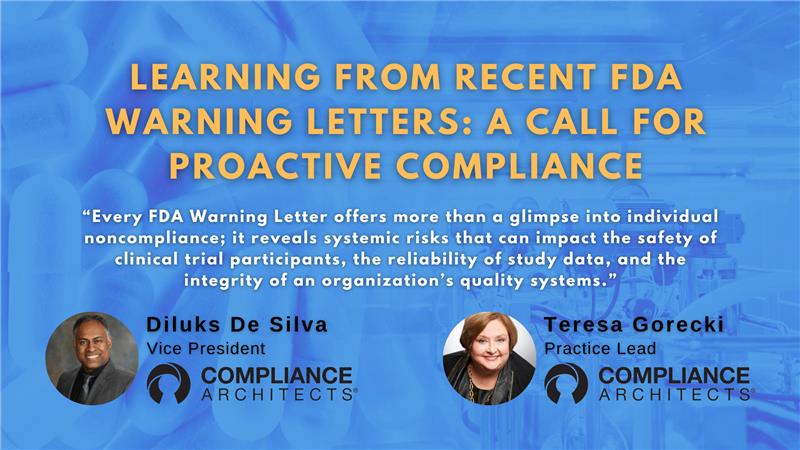Partnerships with Contract Development and Manufacturing Organizations (CDMOs) have become increasingly essential in the complex and highly regulated manufacturing world.
These collaborations allow companies to efficiently bring products to market by leveraging CDMOs’ specialized expertise, capacity, and technology.
However, the success of such partnerships hinges on a clear and robust quality agreement, especially in the pharmaceutical industry. This document establishes the foundation for quality assurance and regulatory compliance regarding CDMO Partnerships.
Table of Contents
The Quality Agreement Framework

A quality agreement is a legally binding document that outlines each party’s roles, responsibilities, and expectations in a pharmaceutical manufacturing partnership. It is the roadmap for ensuring the quality of the product throughout its lifecycle.
It is also the vehicle through which you will ensure all pertinent regulatory requirements are identified and passed through to the CDMO in a clear and actionable manner.
The Generic Quality Agreement
Quality agreements are not unique to the pharmaceutical industry and, as such, have evolved to have several typical sections.
- Responsibilities and Communication:
Clear delineation of responsibilities for the sponsor company and the CDMO in testing, validation, and batch release.
Communication protocols for quality-related issues, deviations, and changes to the manufacturing process.
References to applicable regulatory requirements, such as FDA regulations (21 CFR Part 210/211 for Good Manufacturing Practices, or GMP), ICH guidelines, and EMA standards for international markets.
- Audits and Inspections:
The sponsor’s right to audit the CDMO’s facilities and review quality systems to ensure compliance with regulatory requirements.
- Documentation and Record Keeping:
Agreements on document retention periods, access to manufacturing records, and expectations for batch documentation, review, and release.
- Change Control and Deviations:
Processes for managing changes to manufacturing processes, equipment, and materials, as well as protocols for addressing deviations from approved procedures.
- Product-Specific Requirements:
Details regarding specifications and product release criteria.
Industry Specific Elements

Given our industry’s regulated nature, special considerations must be incorporated into our CDMO partnership quality agreements. Key among these special considerations are the following:
Regulatory Alignment
The CDMO must comply with regulatory requirements specific to the product and the markets where the product will be sold. For example, compliance with the FDA’s GMP regulations and the EU’s GMP Annexes is non-negotiable. The agreement should also address readiness for regulatory inspections, including pre-approval inspections (PAIs) and ongoing surveillance.
Technology Transfer
Smooth technology transfer from the sponsor company to the CDMO (and vice-versa) is critical for ensuring product quality. The agreement should define the expectations for documentation, training, and knowledge sharing during this phase. Note that intellectual property ownership is a topic that should be spelled out in its standalone agreement or section.
Risk Management
Guidelines such as ICH Q9 emphasize risk-based approaches to quality. The quality agreement must include provisions for risk assessment and mitigation strategies, particularly for critical quality attributes (CQAs) and critical process parameters (CPPs).
Data Integrity
Data integrity is a significant focus for regulatory agencies worldwide. The quality agreement must establish expectations for electronic record-keeping, audit trails, and compliance with 21 CFR Part 11 and Annex 11.
Supply Chain Management
CDMOs often rely on a network of suppliers for raw materials and components. The quality agreement should address the sponsor’s ability to review the CDMO’s supply chain controls, supplier qualifications, and traceability to ensure the integrity of materials used in the product.
The process for the sponsor to audit the CDMO’s sub-suppliers directly or view the complete qualification package for those suppliers must be explicitly addressed. Connect with the sponsor’s purchasing control procedures.
Deviation and CAPA Management
CAPA is a critical and unique process in our industry. Its importance lies in identifying, reporting, and resolving deviations and non-conformances. The quality agreement agreement for CDMO partnerships should also define expectations for corrective and preventive actions (CAPA) and timelines for resolution.
Product Lifecycle Management
The quality agreement for CDMO partnerships should address the evolving responsibilities of both parties throughout the product’s lifecycle, from initial development through commercial manufacturing and eventual discontinuation.
Conclusion
Regulatory agencies worldwide continue to heighten their scrutiny of outsourced manufacturing. Recent warning letters and citations have highlighted deficiencies in the oversight of CDMO activities.
The FDA’s guidance on quality agreements emphasizes the sponsor’s ultimate responsibility for product quality and regulatory compliance, regardless of delegating activities to a CDMO. Similarly, EMA and MHRA regulators stress the importance of clearly defined roles and robust oversight mechanisms in outsourced arrangements.
Regardless of the regulatory structure, quality agreements are more than a regulatory requirement; they are the cornerstone of successful CDMO partnerships. By establishing clear roles, responsibilities, and expectations, these agreements enable both parties to focus on their shared goal: delivering safe, effective, and high-quality pharmaceutical products to patients.
For pharmaceutical companies, investing time and resources into crafting a detailed and comprehensive quality agreement is not just a best practice—it’s a necessity.
In your next CDMO partnership, make the quality agreement a priority. It’s not just a document; it’s the key to building trust, ensuring compliance, and safeguarding product quality.
Want to learn more about CDMO partnerships? Please get in touch with us using the contact form below.





